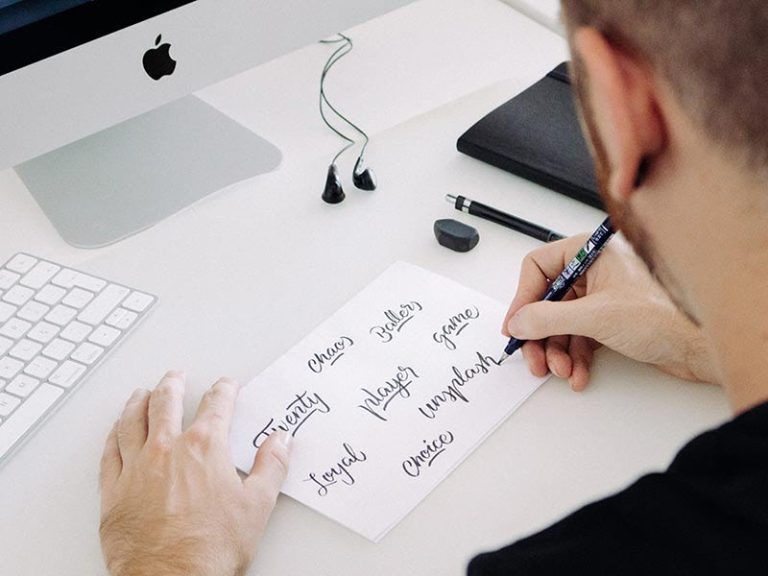
What is DA for a Website?
Domain Authority (DA) is a metric developed by Moz, a well-known company in the field of SEO (Search Engine Optimization). DA is used to predict how well a website will rank on search engine result pages (SERPs). The DA score ranges from 1 to 100, with higher scores indicating a greater ability to rank.
Here are the key aspects of Domain Authority:
1. Calculation and Components
DA is calculated based on multiple factors, including the number of linking root domains, the number of total links, MozRank, MozTrust, and the quality of the content. It’s a composite score that represents the overall SEO health of a website.
2. Comparative Metric
Domain Authority is a comparative metric, meaning it’s best used to compare one website against another or to track the “ranking strength” of a website over time. It is not an absolute score but rather an indicator of a site’s competitive standing within its industry or niche.
3. Link Profile
One of the significant components of DA is the link profile, which includes both the quantity and quality of external links pointing to a website. High-quality, relevant backlinks from authoritative sites positively influence DA.
4. Content Quality
The quality and relevance of the content on a website also play a crucial role. Regularly updated, high-quality content that attracts natural backlinks contributes to a higher DA score.
5. Technical SEO Factors
Technical aspects of a website, such as site speed, mobile-friendliness, and proper use of SEO best practices (like correct HTML markup and structure), also affect DA.
Why is Domain Authority Important?
SEO Strategy and Benchmarking
- Competitive Analysis: DA helps in analyzing competitors. By comparing DA scores, you can identify how strong your site is in comparison to others in your industry.
- Tracking Progress: It helps in tracking the progress of your SEO efforts. If your DA score is increasing, it’s likely that your SEO strategies are working.
- Link Building: DA can guide your link-building efforts. Obtaining backlinks from sites with high DA can positively impact your site’s authority and ranking.
Limitations of Domain Authority
- Not a Google Metric: DA is not a metric used by Google. It’s a third-party metric by Moz and should be used as a general indicator rather than a precise measurement.
- Relative Value: Since DA is a comparative metric, it should be used to compare against similar sites rather than as an absolute measure of success.
How to Improve Domain Authority
Quality Content Creation
Create high-quality, valuable content that naturally attracts backlinks. The better your content, the more likely others will link to it.
Link Building
Focus on building a strong backlink profile by obtaining links from authoritative and relevant websites.
Technical SEO
Ensure your website is technically sound with fast loading speeds, mobile optimization, and clean, error-free code.
Internal Linking
Implement a robust internal linking strategy to improve the crawlability and indexing of your site by search engines.
Social Signals
Engage in social media to increase the visibility of your content, which can lead to more backlinks and improved DA.
How to Check Domain Authority
In summary, Domain Authority is a valuable metric for understanding and improving your website’s SEO potential. While it should not be the sole focus of your SEO strategy, it provides a useful benchmark for assessing the effectiveness of your efforts and the competitive landscape.
